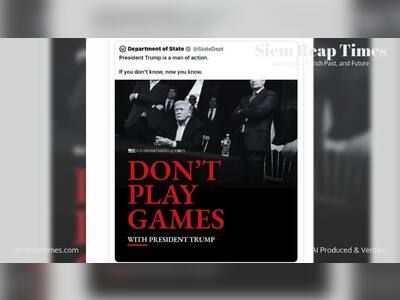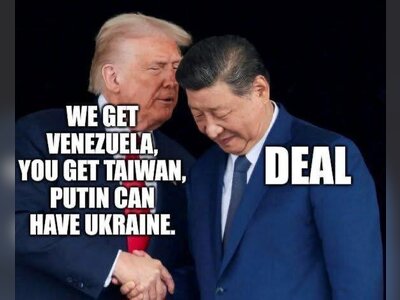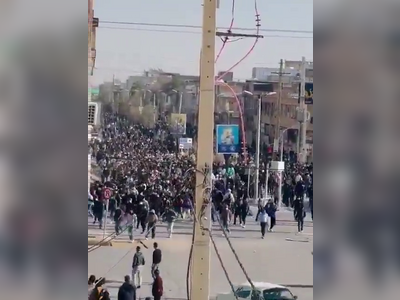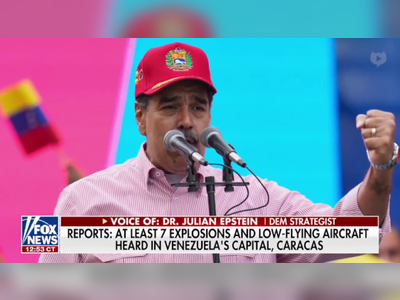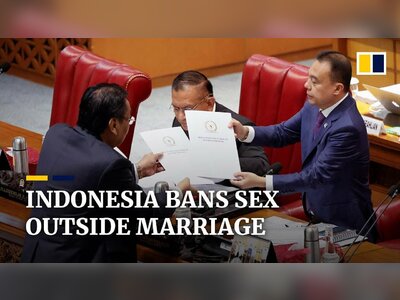
Trump's Proposed 100% Tariff on Foreign Films Sparks Industry Concerns
In a move that has sent shockwaves through the global entertainment industry, President Donald Trump announced plans to impose a 100% tariff on all films produced outside the United States. The proposal, unveiled via his Truth Social platform, aims to bolster domestic film production and counteract what he describes as a "national security threat" posed by foreign-made movies.
"WE WANT MOVIES MADE IN AMERICA, AGAIN!" Trump declared, emphasizing his commitment to revitalizing the U.S. film industry. He directed the Department of Commerce and the U.S. Trade Representative to commence the implementation process immediately.
The announcement has raised numerous questions within the industry, particularly regarding the practicalities of enforcing such a tariff. Modern filmmaking often involves international collaboration, with production, post-production, and talent sourced globally. Determining what constitutes a "foreign-made" film could prove complex, especially for co-productions involving both U.S. and international entities.
Industry stakeholders have expressed apprehension about the potential impact of the tariff. The Motion Picture Association reports that the U.S. film and television industry supports over 2.3 million jobs and contributes significantly to the national economy. Critics argue that the tariff could disrupt international partnerships and hinder the global competitiveness of American studios.
International reactions have been swift. China announced plans to reduce the number of U.S. films allowed in its theaters, a move seen as retaliation for the proposed tariff. Similarly, leaders in countries like the United Kingdom, Canada, and Australia have voiced concerns about the potential economic ramifications and the strain on cultural exchanges.
Legal experts have also questioned the authority of the executive branch to impose such a tariff on intellectual property like films. The 1988 Berman Amendment to the International Emergency Economic Powers Act restricts the president's ability to regulate informational materials, including films, books, and music. Unless alternative legal justifications are established, the proposed tariff may face significant legal challenges.
As the administration explores the implementation of this policy, the film industry and international partners await further details on its scope and enforcement. The situation underscores the complexities of balancing national economic interests with the realities of a globally interconnected entertainment industry.




